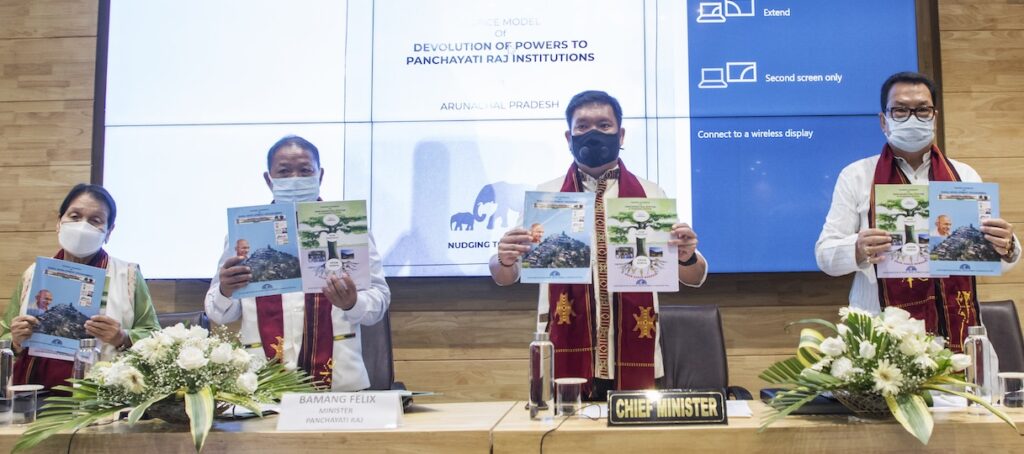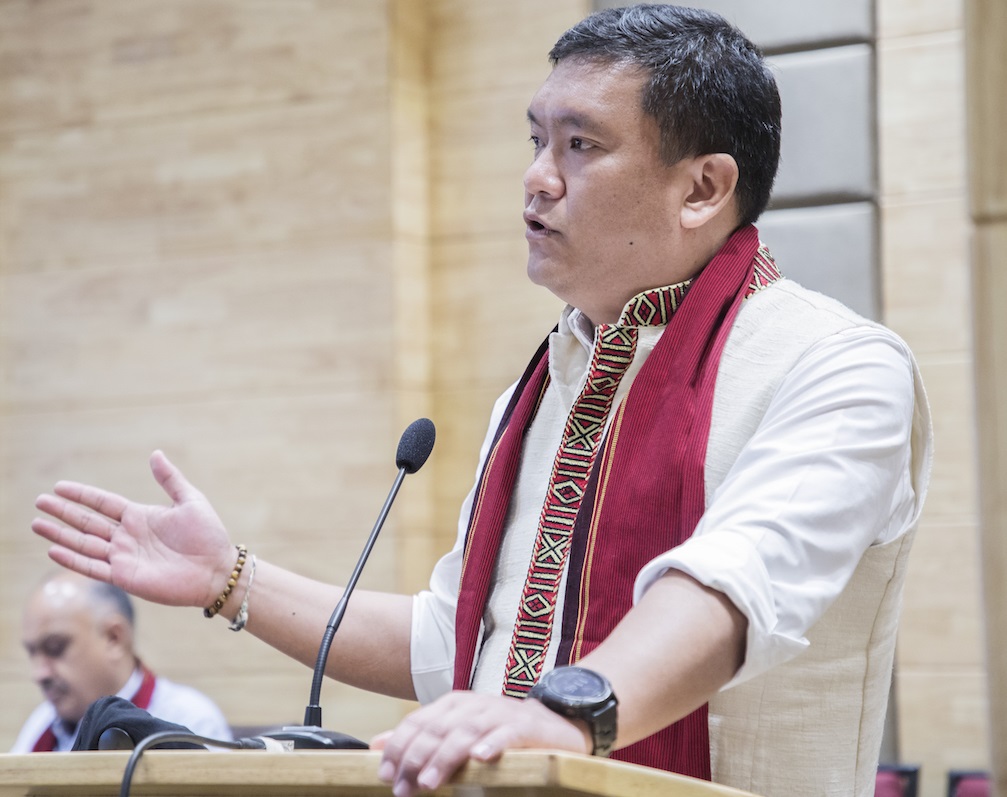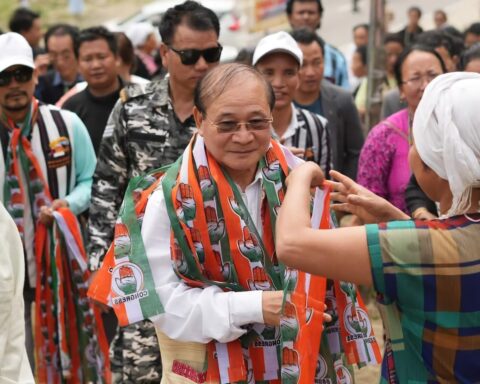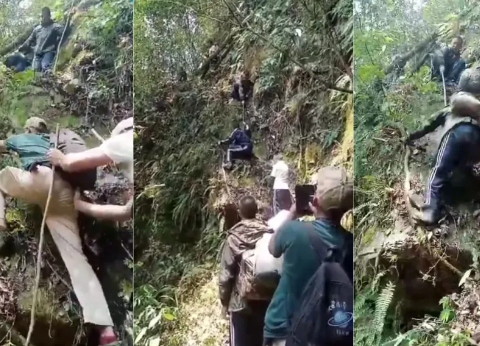Itanagar: Fulfilling one of the long needed reforms for true democracy at the grassroot level, the Arunachal Pradesh government on Friday formally devolved powers to the panchayati raj institutions (PRIs) of the state.
The state cabinet had last month decided to devolve powers to the PRIs as per the 73rd Constitutional amendment and 11th Schedule of the Constitution in 29 subjects.
Terming the development as a ‘significant step’ in the history of grassroot democracy in the state, chief minister Pema Khandu said the devolution of power is based on sustainable, participatory, inclusive, comprehensive and empowerment (SPICE), a formula evolved by several brainstorming sessions by the department of Panchayati Raj.
“It was my commitment to empower our grassroot functionaries, which dates back to the first election in 1969 in the state of Arunachal Pradesh, but do not enjoy absolute power they are entitled to,” Khandu said while addressing a function at the State Banquet Hall here.
The chief minister informed that 10% of State own Revenues (SoR) shall be devolved to the PRIs which will come into effect from the next financial year.
“This will be in addition to the Fourteenth Finance Commission (FFC) grants and will be in the criteria of population and area based on the 50:50 ratio. While 70 per cent will be basic grants, 30 per cent will be performance-based and this will be in addition to the FFC grants,” Khandu said.
The chief minister urged the PRIs to plan projects and measures based on the 15 of the 17 sustainable development goals (SDGs) recommended by the United Nations, which are effective in the state.
“A dedicated separate Zilla Parishad Fund under Section 99 (1) of the Arunachal Pradesh Panchayati Raj (Acts & Rules) shall be created.Capacity building, support of Technical and Human Resources will be done by the Department,” Khandu informed.
He further said that Plan formulation and Implementation by constituting Sectoral Working Committees at ZP and GP level through Zilla Parishad Development Plan and Gram Panchayat Development Plan (GPDP) will be worked out besides constituting a Vigilance and Monitoring Committee at district and state levels.
As the detailed formula for devolution of powers and functions across the state has been unveiled, Khandu requested the zilla parishad chairpersons (ZPCs), district panchayat development officers and project directors to minutely follow the guidelines being shared by experts from the department in the technical sessions.
“There shouldn’t be any confusion left at the end of the program. Also there shouldn’t be any confusion left between the powers and functions of legislators and the PRIs,” he asserted.

Quoting ‘with great powers come greater responsibilities’, Khandu appealed to the ZPCs to work in unison to ensure that the PR institution of the state becomes a role model in the country.
“Now the onus of making the state ‘aatmnirbhar’ lies on you,” he added.
Deputy Chief Minister Chowna Mein, Panchayati Raj minister Bamang Felix, advisor to PR minister Gum Tayeng and chief secretary Naresh Kumar also spoke on the occasion.
PR secretary Amarnath Talwade explained in detail the process of devolution of power and functions of the PRIs.
A training handbook developed by State Institute of Rural Development and Panchayati Raj (SIRD&PR) and its official website were launched on the occasion.
The technical sessions included topics like the role of PRIs in various rural development programmes, FFC grants, capacity building, human resources, self help groups-community based organizations convergence, etc. followed by interactions and questions and answers. (CMMC)





